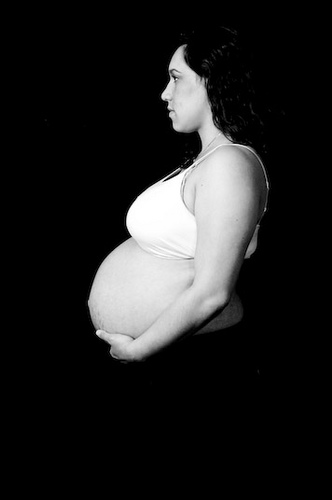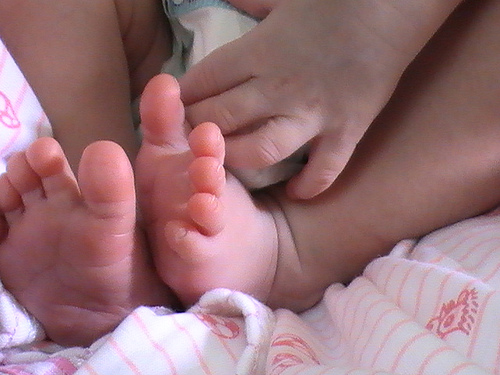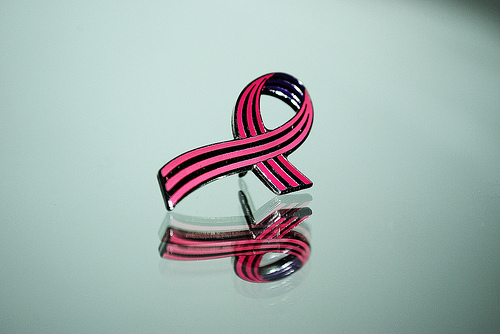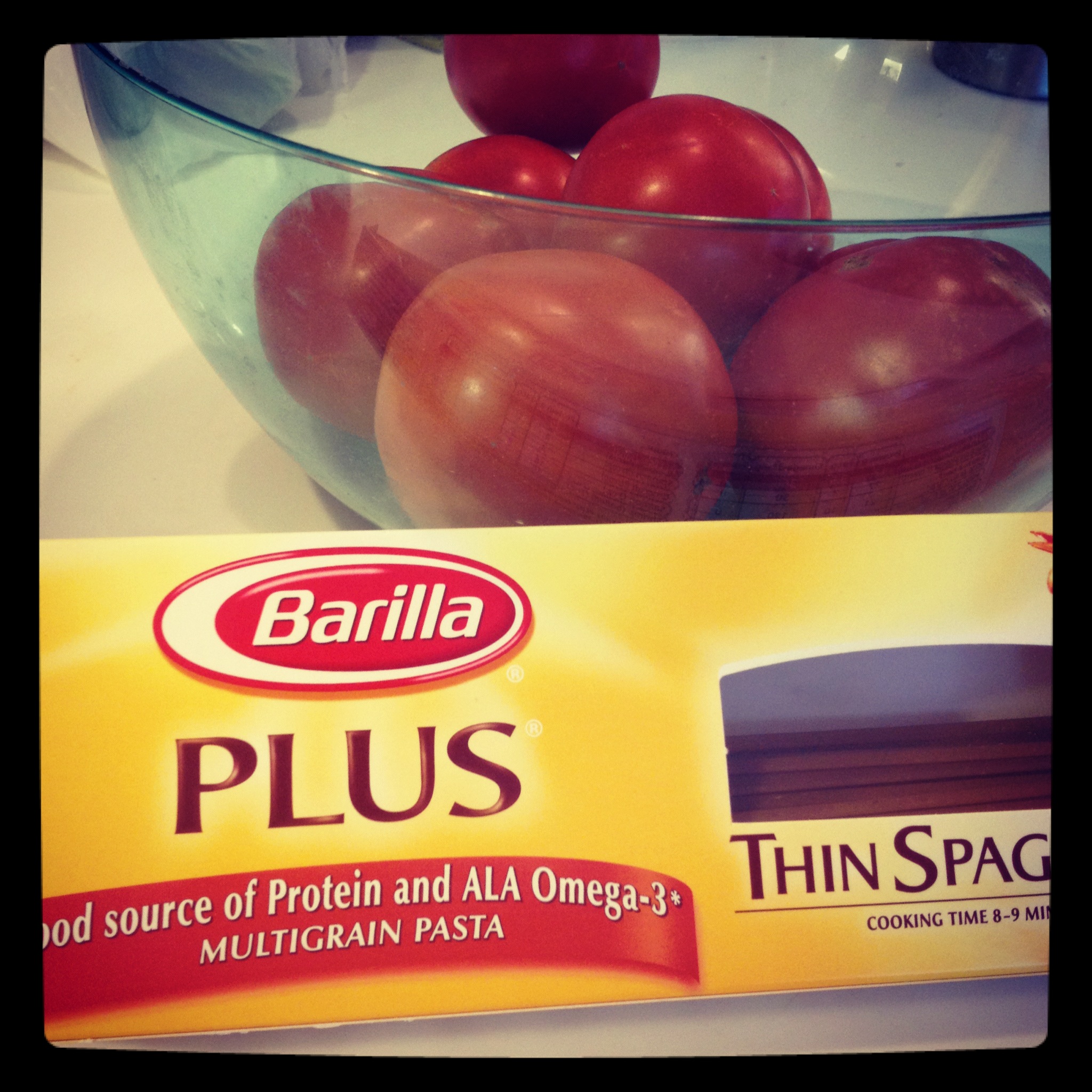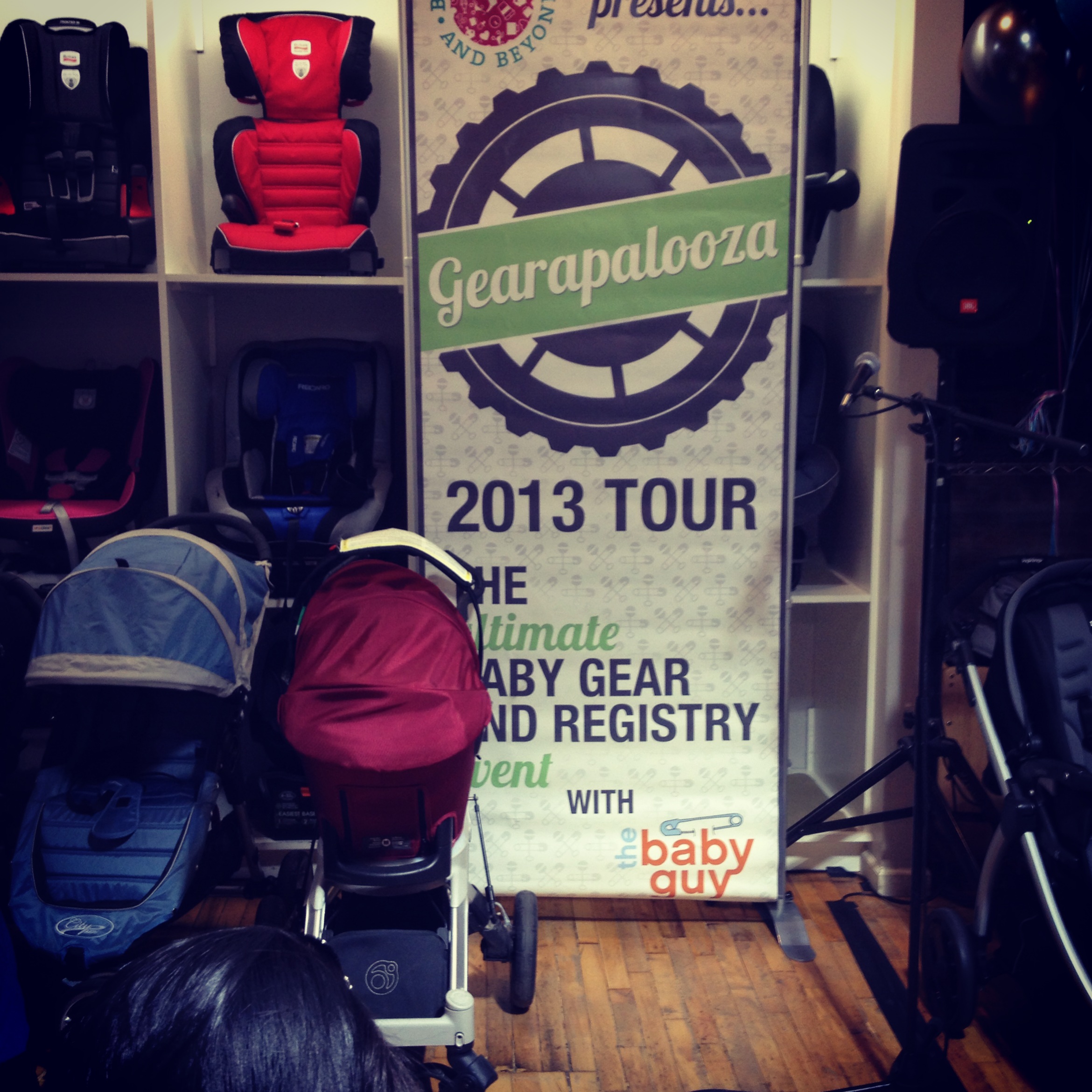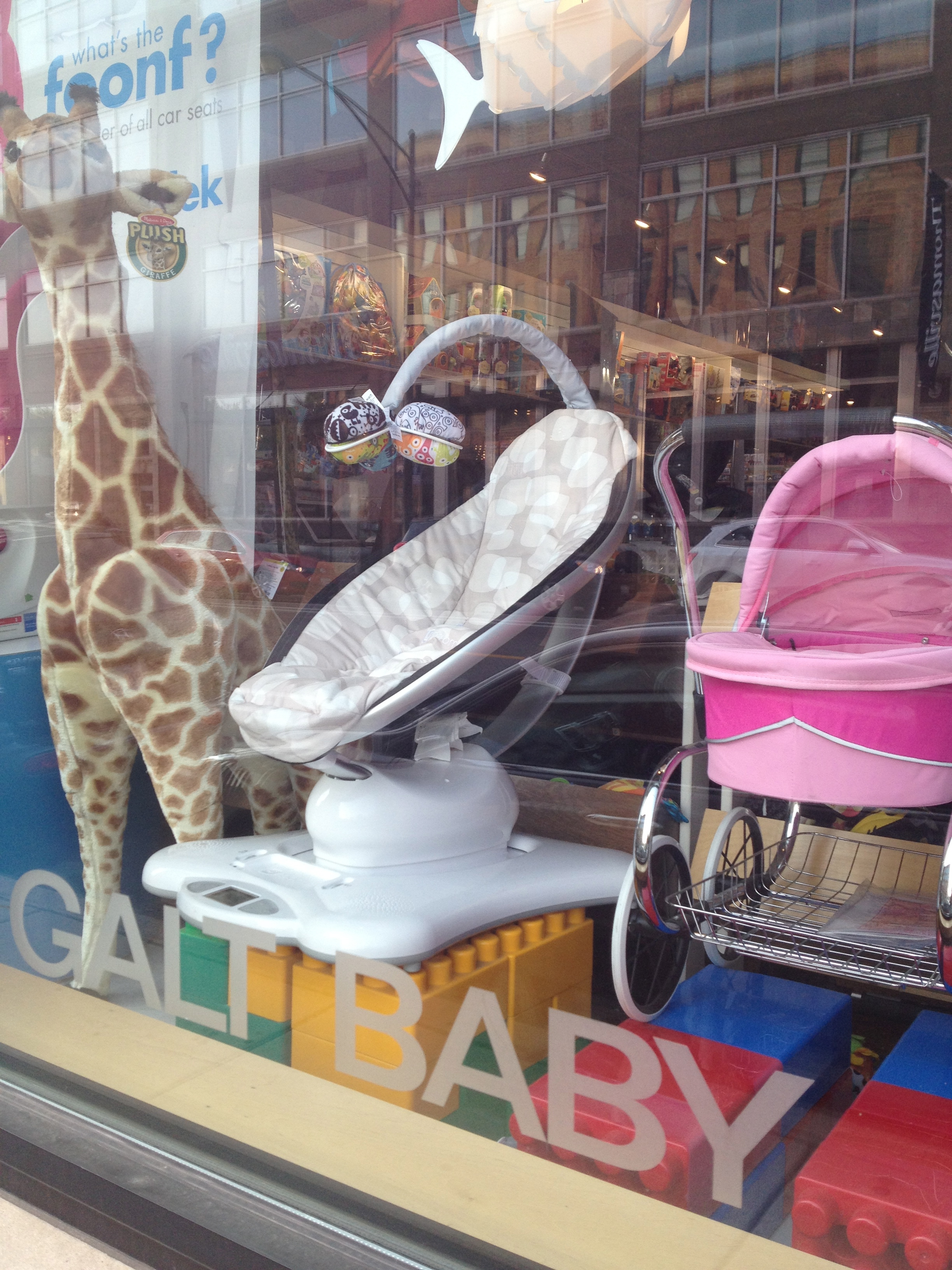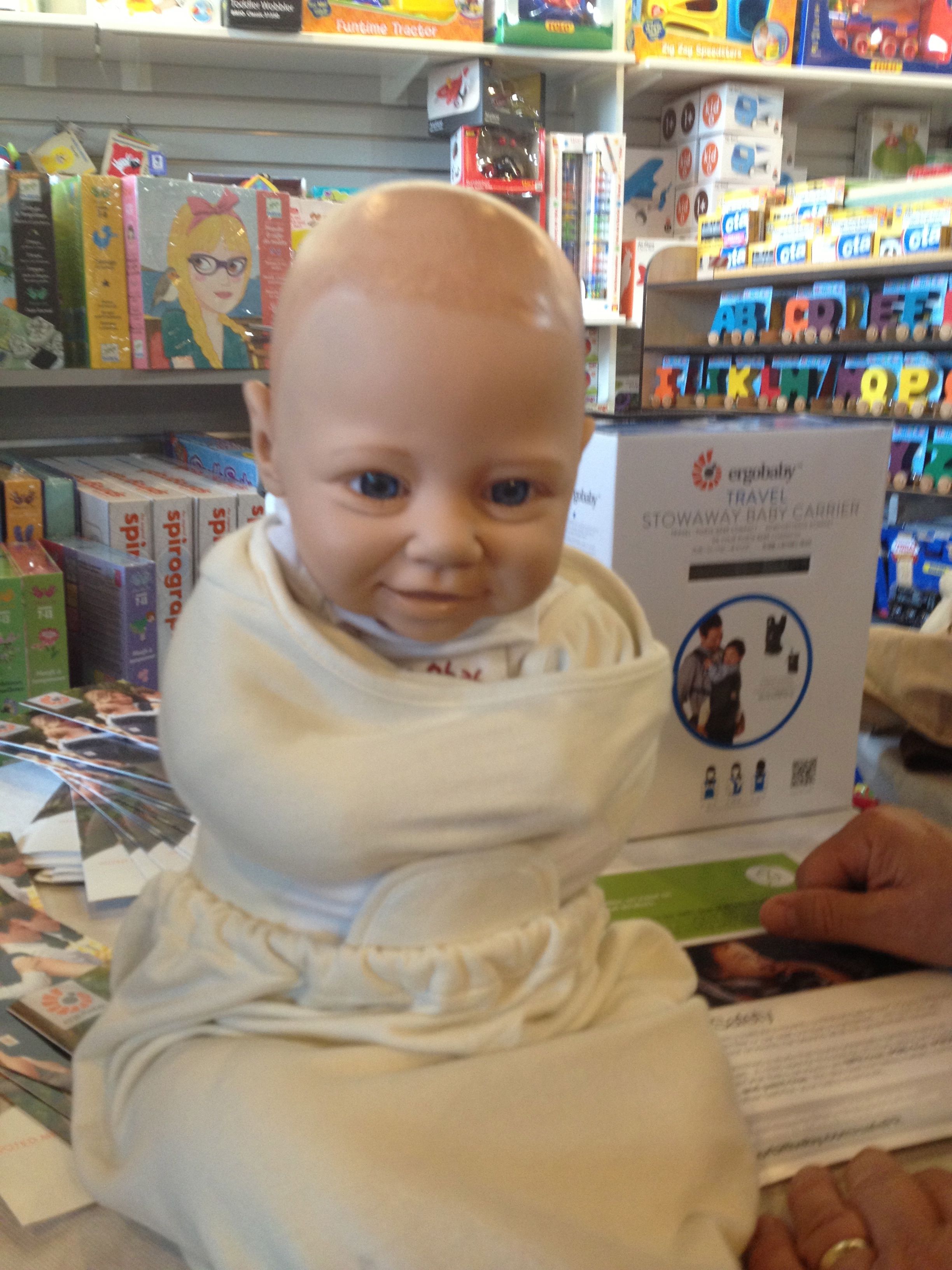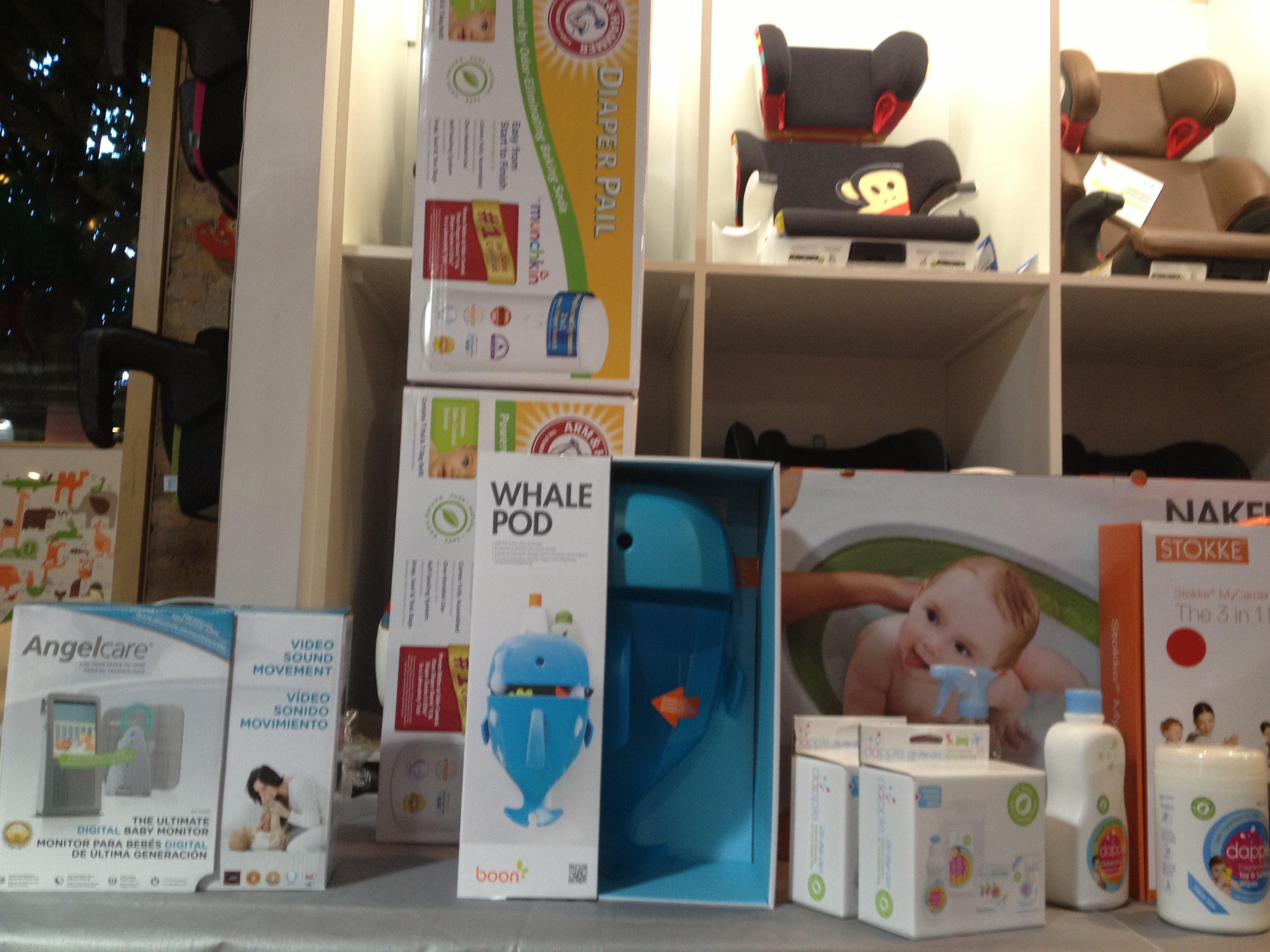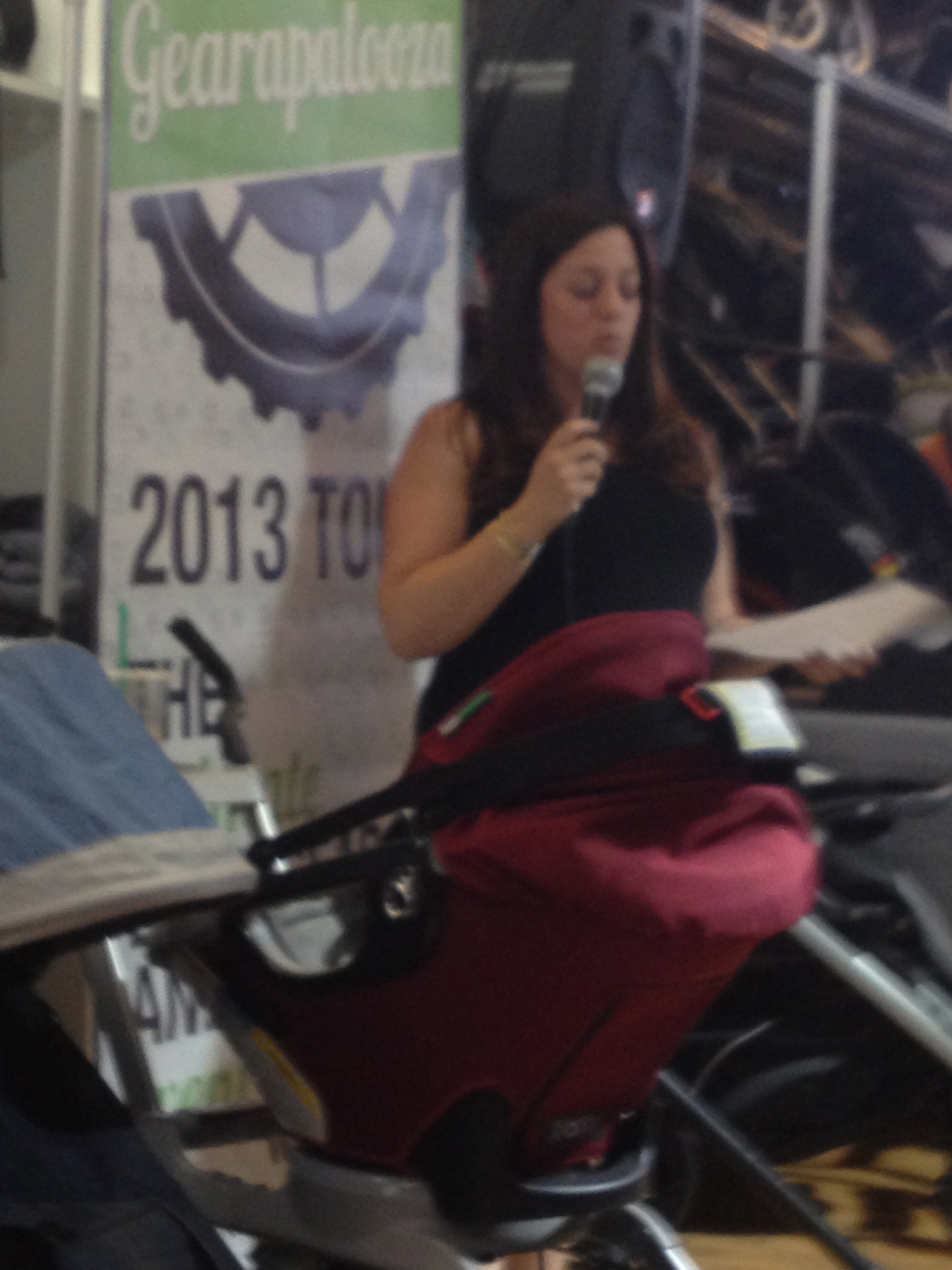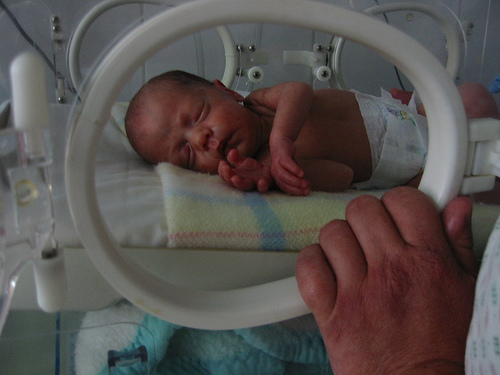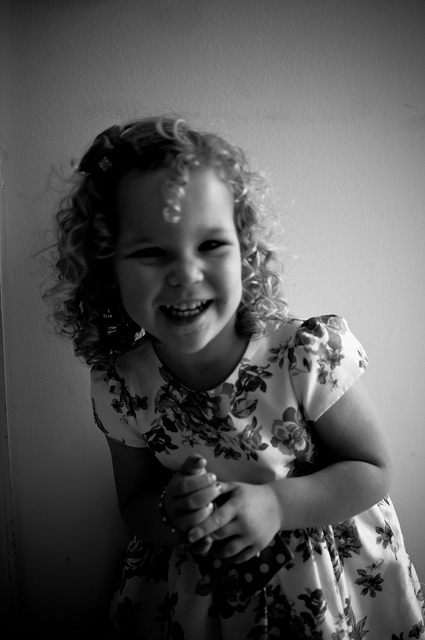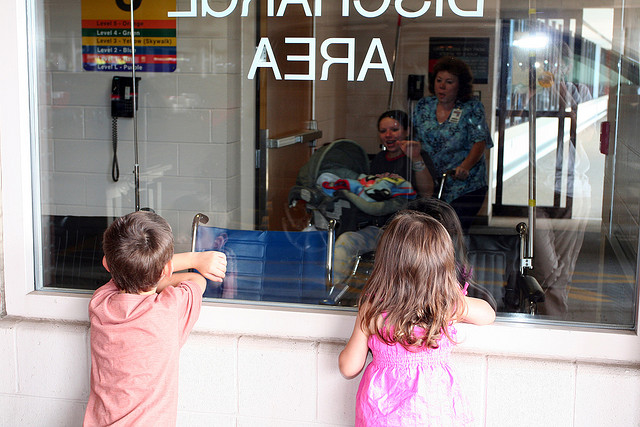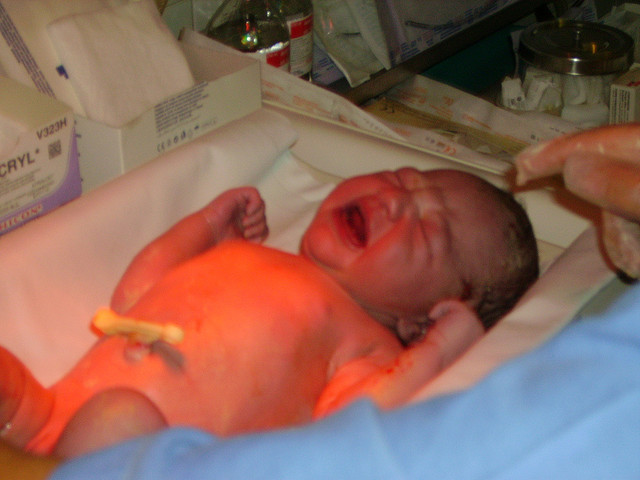
Miscarriage, like early pregnancy, is still a largely private affair. Unlike births and deaths, it has no rituals to mark it. Even close friends can feel at a loss with no script to follow. Co-workers rarely hear of false starts. One’s life moves on as if it never happened.
via Finding Hope After Miscarriage – NYTimes.com.
In recent weeks, I have been reading quite a bit about miscarriage on blogs. There seems to be a common thread throughout the stories…unresolved grief.
In my early years as an OB-GYN nurse, circa late 1970’s, I remember seeing young women, who had or were experiencing a miscarriage…what I do not remember is how they grieved their unspeakable loss…maybe because such losses were just that “unspeakable”.
It bothers me that so many years later, miscarriage is still in many cases an “unspeakable” loss.
In the 70’s, I was working at NYU (Langone) Medical Center…the OB-GYN physicians were some of the finest in their field and the loss of a pregnancy was taken seriously but generally the emotional toll on the woman was not always acknowledged or treated.
During those years, it was common for women to stay overnight in the hospital after a miscarriage…it was left up to the nurses and the woman as to whether or not she would remain on the obstetrical floor or be moved to the gynecology floor to recover from her loss.
Surprisingly, I remember that many women actually chose to stay on the obstetrical floor to recover…they wanted to “face” their loss and talk to the staff about what they had just experienced, while others chose to leave the obstetrical unit to grieve their loss in a more private way. Ultimately, it was always up to the woman to make this very personal choice.
Early pregnancy losses are fraught with emotions and questions. Understandably, no answer really relieves the grief nor in some cases the guilt that sometimes accompanies miscarriage.
These days many pregnant women find out about their pregnancy in its very early and most precarious stage. I find this to be somewhat of a mixed blessing…on the one hand, once there is a positive pregnancy test, a woman can take better care of herself getting more rest and eating well, in addition to avoiding certain foods and alcohol, she can also check in with her doctor or begin planning her prenatal care.
On the other hand, this early detection of a pregnancy is a very vulnerable time for miscarriage, a complication that many times cannot even be clearly diagnosed in the very early stages of gestation…even with all the high definition ultrasounds and blood work that is available.
So it seems, along with early detection comes a time of uncertainty and vigilance to make sure the pregnancy gets established in the uterus without complications.
What does “without complication” mean to the newly pregnant woman?
Usually, without complication, “simply” means, that during the first two to three months of pregnancy the mom-to-be remains free from severe morning sickness, cramping, pain and or bleeding.
A very common couple question is whether or not to announce an early detection pregnancy to family and friends…what if there is a miscarriage…does the woman want to deal with telling those same friends and family her “story” if something unforeseen happens? These are all dilemmas that a woman may experience during early pregnancy.
Early pregnancy should be a happy time and for most women it is, but sadly as we know, for others this is not the case.
It seems to me, as I look back on my many years in women’s health, that early detection pregnancy is definitely something that brings with it a mixed bag of feelings, happiness in some cases, and a period of worrisome vigilance in other cases depending on a woman’s previous experience.
Pregnancy loss is accompanied by a cascade of emotions enhanced by a woman’s hormone changes. Dealing with loss and grief is always personal and each one of us grieves in our own way. For some, a miscarriage is a very private loss and only shared with close few, while for others it is a time to recover and grieve by sharing with family and friends and deriving a sense of support from them.
… there is not a typical response to loss as there is no typical loss. Our grief is as individual as our lives.
The five stages, denial, anger, bargaining, depression and acceptance are a part of the framework that makes up our learning to live with the one we lost. They are tools to help us frame and identify what we may be feeling. But they are not stops on some linear timeline in grief. Not everyone goes through all of them or in a prescribed order. Our hope is that with these stages comes the knowledge of grief ‘s terrain, making us better equipped to cope with life and loss.
via The Five Stages of Grief – Elisabeth Kübler-Ross & David Kessler | Grief.com ~ Because Love Never Dies
Some women find that sharing their sadness helps and are surprised by the support that is just within their reach when they are able to tell their story…sharing one’s sadness is not easy but many find that it is just the therapy they need… again this is such a personal choice.
I was nervous about writing about miscarriage, but once it was out there, I felt nothing but support. It made me wonder why we hesitate to share this kind of hurt. It is personal, and it does seem strange to tell the whole world that I’m grieving. But the world is full of hurt. What’s wonderful is that so many people are willing to share a bit of mine – even the smallest bit – and enough people doing that really does make me feel better. I didn’t anticipate that writing about miscarriage here would be so therapeutic. The writing itself is actually sort of painful, in a good way I guess, but sharing the experience has been healing.
via Recovery | Science of Mom.
coping with the emotions of miscarriage, friends, family and shared personal stories.
It would be remiss of me not to include the “dad” in the grieving process…he can be very emotional as well while trying to be supportive of his partner. Charlie Capen wrote a beautiful post about his feelings.
But she had been right. She had been pregnant. Our doctor’s office, a place we had been so excited to visit, to witness a beating heart, to learn the sex of our baby and confirm life, was now an unfair place that just kept taking from us, over and over.
It’s been four months since that late night in Texas. It took me a while to write about it, and even now I am riddled with guilt for experiencing grief over a theoretical baby that mightn’t have existed at all. I’m asking myself why I’m posting this. How do you end a post a like this? Why even write a post like this?
So, I can let it go. Now.
Charlie Capen: IOUD.
I have been moved by the honesty of the feelings expressed in the above posts.
Miscarriage is such a sad experience for a mother and dad to be. There is no prescribed way to mourn the loss of what was to be. Yet many, who experience such a loss feel compelled to quickly move on, sometimes without healing physically and emotionally themselves.
Attachment, loss and grieving are part of all of our lives…these are the words I remember best when I was grieving, “Be good to yourself“. These are the words I would say to anyone who has experienced a miscarriage.
